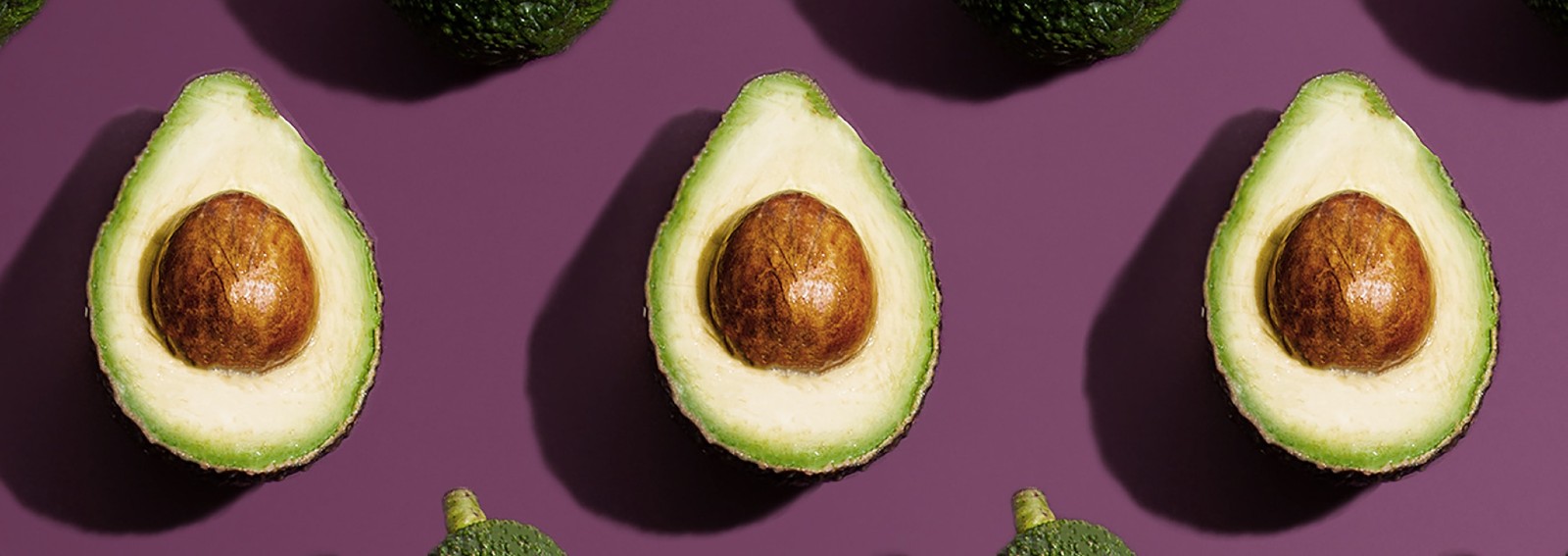
 When people think of testosterone, they often associate it with male sexual health. However, this hormone is just as essential for women. Low testosterone levels in women can lead to a decreased sex drive, as well as symptoms like mood swings, fatigue, and poor memory.
When people think of testosterone, they often associate it with male sexual health. However, this hormone is just as essential for women. Low testosterone levels in women can lead to a decreased sex drive, as well as symptoms like mood swings, fatigue, and poor memory.
In more severe cases, low testosterone can also result in reduced muscle strength and frequent night sweats.
Testosterone levels naturally decline with age, but other factors—such as certain medications, excess body fat, and specific health conditions—can also contribute to its reduction.
To maintain optimal levels, it’s important to follow a balanced diet, limit processed foods, and prioritize nutrients that support testosterone production.
Here’s what to eat to boost testosterone levels and why this hormone is important for women too.

Why Women Also Need It Too
Although testosterone is classified as an androgen (a “male” hormone), it is not exclusive to men. Women also produce it, though in smaller amounts. In men, testosterone is primarily produced in the testes, while in women, it is secreted by the ovaries. In both sexes, a small amount is also released by the adrenal glands.
It plays multiple roles in the body. It helps regulate muscle strength, bone density, fat distribution, and brain function.
It also contributes to skin firmness and keeps the mucous membranes of the eyes and mouth hydrated.
Additionally, this hormone provides energy and stimulates sex drive, making it essential for female libido as well.
Foods That Boost Its Production

Salmon
Salmon, like other fatty fish, is packed with essential nutrients for hormonal health, including protein, vitamin D, zinc, and omega-3 fatty acids—all of which support healthy levels.
Dark Leafy Greens
Vegetables like spinach and kale are rich in magnesium, a mineral that helps maintain optimal testosterone levels.
They also contain antioxidants that combat oxidative stress and inflammation—two factors that can lower its production.
Avocado
Avocados are an excellent source of essential fatty acids and boron, a trace mineral that helps protect testosterone from breaking down.
Eggs
Eggs—especially the yolk—are loaded with healthy fats, high-quality proteins, and selenium, a powerful antioxidant that supports this hormone production.
Pomegranate
Pomegranate seeds are rich in flavonoids, which help protect testosterone-producing cells from oxidative damage, promoting hormone production.
Workout Foods for Your Fitness Journey
Fiber-Rich Foods: Benefits and Best Sources
This article first appeared on Grazia.it – Author: Angela Altomare












